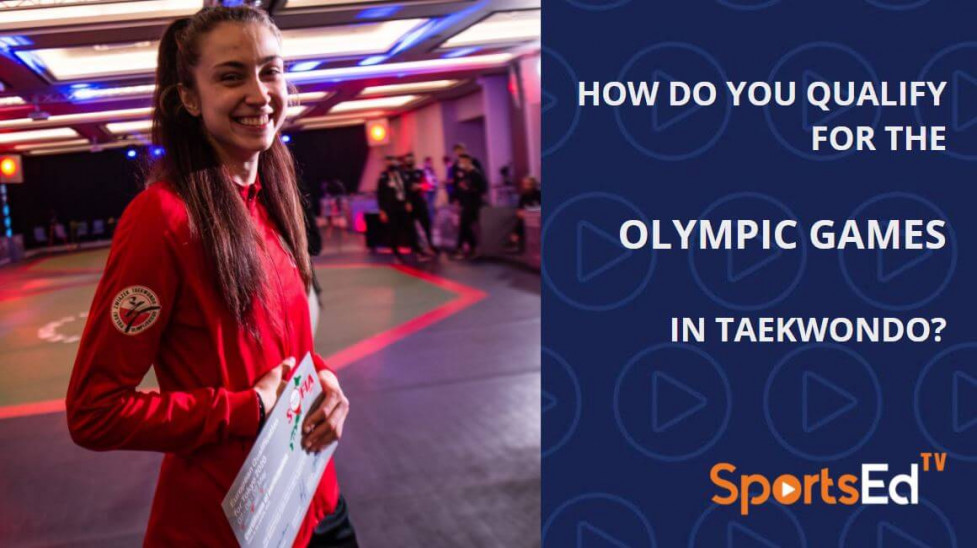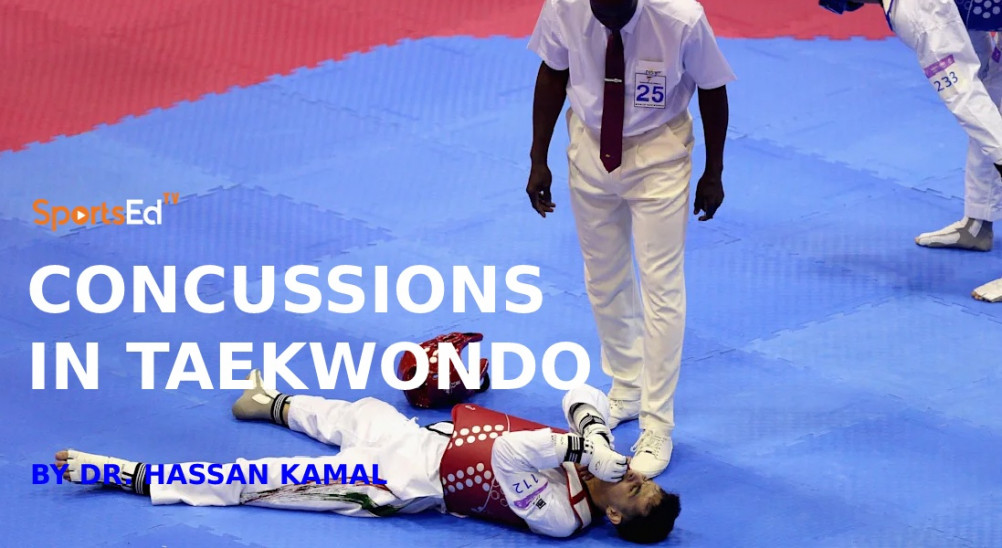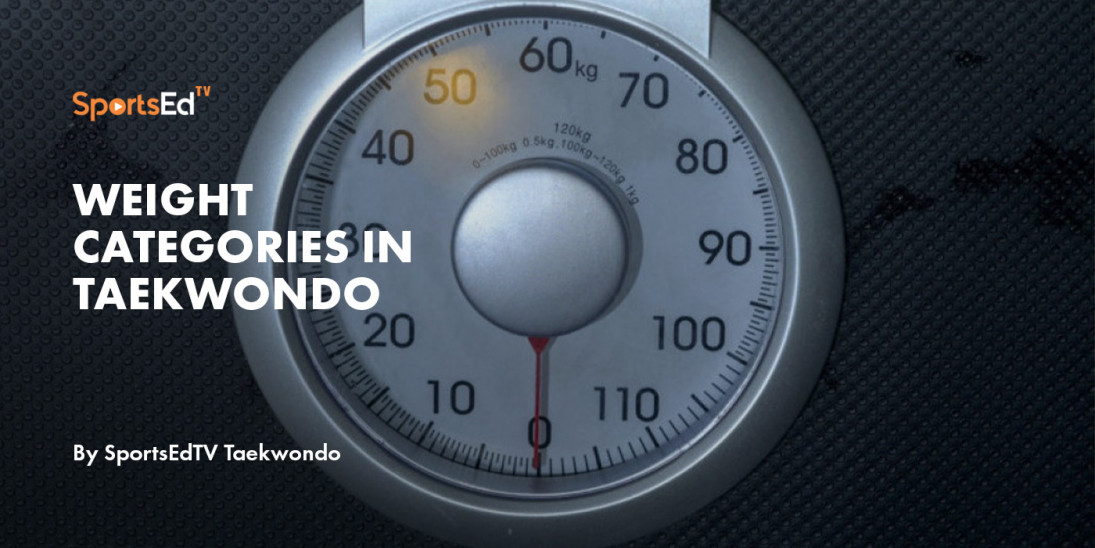Taekwondo
Welcome and thanks for visiting...

How do you qualify for the Olympic Games in the sport of Taekwondo

Winning a medal or even participating in the Olympic Games is the pinnacle of an athlete's career in Taekwondo. This is a privilege that few share because the number of places available at the Olympic Games is very limited: every four years, only 128 athletes make it, 16 per weight category (4 categories for men, four categories for women) who will compete for medals (32 medals). The Olympic qualification system allows athletes to win places (quotas) for their country (NOC). Then, the National Olympic Committee (NOC) decides which athlete will go to the Olympic Games. Very often, the athlete who qualifies for his country will go to the Olympic Games. However, sometimes, the NOC may select another athlete because it is considered that he or she has a better chance of winning a medal at the Games. It goes without saying that this kind of decision can be challenging to accept for the athlete concerned and can be very controversial.
The Olympic qualifications allow 120 places to be allocated to National Olympic Committees. A country can have only one representative per weight category, i.e., a maximum of 8 athletes. In addition, 4 quotas are allocated to the host country (Japan in 2021), and 4 quotas are by invitation. The invitations are decided by a tripartite commission (the International Olympic Committee, the National Olympic Committees, and the International Federations). The objective of the invitations is to contribute to enhancing and reflecting universality by selecting athletes from such NOCs who have not been able to qualify.
Here's how the different types of qualifications work:
- Qualification by ranking (48 athletes): this system uses an international ranking. Athletes who participate in international competitions earn points each time. These points establish two rankings: the World Taekwondo (WT) Olympic and the World Taekwondo (WT) Grand Slam Champions Series.
- 40 athletes (20 male and 20 female) will qualify for the Olympic Games through the WT Olympic Ranking. The top five (5) ranked athletes in each weight category on the WT Olympic Ranking will qualify for one quota for their NOC for the Olympic Games.
- In addition, a total of 8 athletes (4 male and 4 female) will qualify for the Olympic Games through the WT Grand Slam Champions Series. The highest-ranked athlete in each weight category will qualify one quota for their NOC for the Olympic Games.
- Qualification during the continental qualification tournaments (72 athletes): this is a tournament on each continent a few weeks before the Olympic Games (a total of five tournaments). These tournaments allow 72 athletes (36 male and 36 female) to qualify. Only NOCs that qualified less than two (2) athletes per gender through the WT Olympic Ranking or WT Grand Slam Champions Series NOCs can participate in continental qualification tournaments. Each continent has 16 quotas, except for Oceania, which has only 8.
The following table summarizes the quotas by NOC for the Tokyo Olympic Games. To date, the names of the selected athletes are not yet known. The Tokyo 2021 Olympic Games will also see the participation of an Olympic team of refugees. The purpose of this selection is to send a message of hope to the world by raising awareness about the plight of the nearly 80 million displaced people in the world. Twenty-nine athletes competing across 12 sports and from 13 host National Olympic Committees (NOCs) will be part of the IOC Refugee Olympic Team, including three in Taekwondo.
Qualification - Tokyo 2020 OG
| M-58 | M-68 | M-80 | M+80 | W-49 | W-57 | W-67 | W+67 | |
| Qualified through Olympic Ranking &; Grand Slam |
Republic of Korea | Republic of Korea | Russia | Russia | Thailand | Great Britain | Turkey | Great Britain |
| Spain | Great Britain | Azerbaijan | Republic of Korea | Republic of Korea | Republic of Korea | Great Britain | China | |
| Iran | China | Cote D'ivoire | Niger | Turkey | Russia | China | Republic of Korea | |
| Russia | Belgium | Uzbekistan | Germany | Serbia | Turkey | Croatia | Turkey | |
| Italy | Spain | Spain | Slovenia | Croatia | Canada | Cote D'ivoire | Serbia | |
| Ireland | Iran | Croatia | Great Britain | China | China | USA | Poland | |
| African Qualification | Tunisia | Mali | Egypt | Cote D'ivoire | Morocco | Morocco | Nigeria | Cote D'ivoire |
| Ethiopia | Egypt | Morocco | Gabon | Egypt | Niger | Egypt | Kenya | |
| Oceanian qualification | Australia | New Zealand | Australia | Tonga | Australia | Tonga | Australia | |
| Panam Qualification | Argentina | Dominican Republic | Dominican Republic | Cuba | Colombia | Chile | Haiti | Mexico |
| Colombia | Brazil | Brazil | Mexico | Puerto Rico | USA | Brazil | Dominican Republic | |
| European Qualification | Portugal | Turkey | Norway | North Macedonia | Israel | Greece | France | France |
| Hungary | Bosnia&;Herzegovina | Italy | Croatia | Spain | Poland | Azerbaijan | Netherlands | |
| Asian Qualification | Thailand | Chinese Taipei | Chinese Taipei | Kazakhstan | Chinese Taipei | Chinese Taipei | Jordan | Kazakhstan |
| Philippines | Uzbekistan | Jordan | China | Vietnam | Iran | Uzbekistan | Uzbekistan | |
| HOST COUNTRY | Japan | Japan | - | - | Japan | Japan | - | - |
| Tripartite Invitation | - | - | Burkina Faso | Afganistan | - | - | Republic of Congo | Honduras |
| Refugee Team | Abdullah Sediqi | Dina Pouryounes | Kimia Alizadeh Zenoorin |








